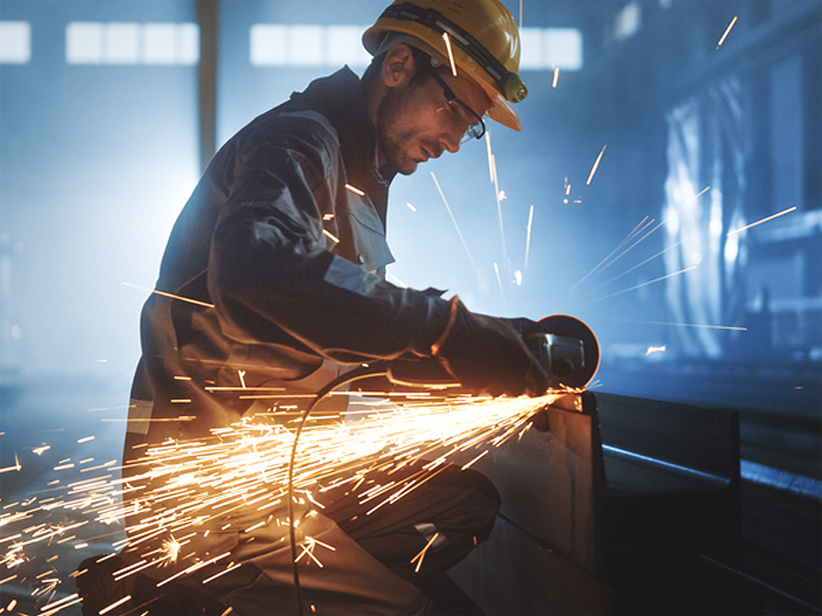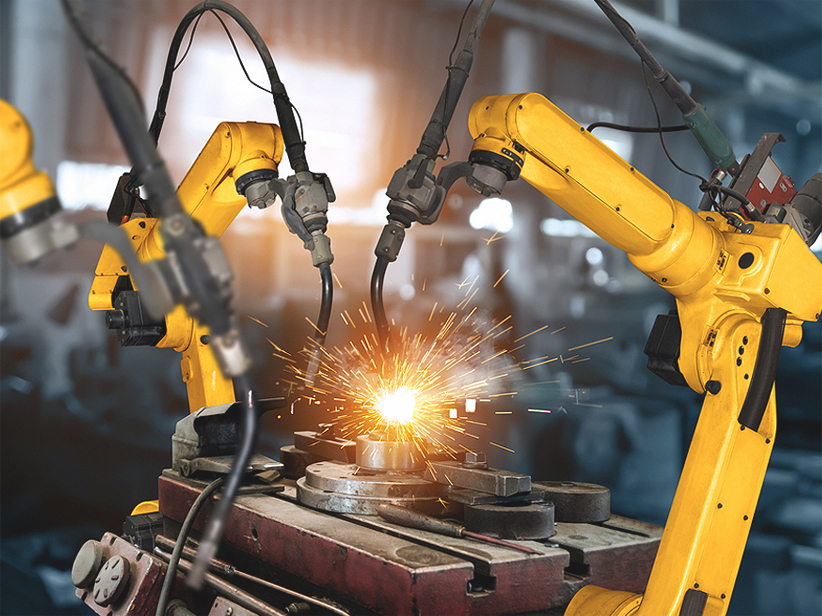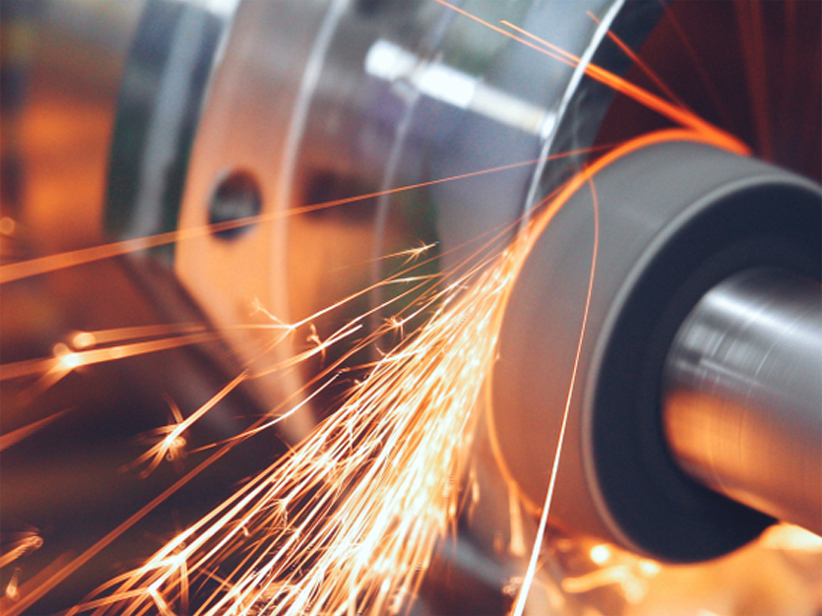Description
Stainless Steel Grade 321S/1.4162 is a high-performance austenitic stainless steel, specifically designed for applications requiring enhanced resistance to high temperatures and corrosion. It is stabilized with titanium to prevent sensitization during welding and exposure to high temperatures. Grade 321S is particularly well-suited for high-temperature environments where oxidative stability and good mechanical properties are essential.
Chemical Composition
Chromium (Cr): 17.0 - 19.0%
Nickel (Ni): 9.0 - 12.0%
Silicon (Si):≤ 1.00%
Manganese (Mn): ≤ 2.00%
Carbon (C): ≤ 2.00%
Phosphorus (P): ≤ 0.045%
Sulfur (S): ≤ 0.030%
Nitrogen (N): ≤ 0.10%
Titanium (Ti): 5 x (C + N) to 0.70%
Mechanical Properties
Tensile Strength: 505 MPa (minimum)
Yield Strength: 215 MPa (minimum)
Elongation: 40% (minimum in 50 mm)
Hardness: 201 HB (Brinell Hardness)
Thermal & Physical Properties
Density: 8.00 g/cm³
Melting Range: 1400 - 1450°C (2552 - 2642°F)
Thermal Conductivity: 16.2 W/m•K
Specific Heat Capacity: 500 J/kg•K
Coefficient of Thermal Expansion: 16.0 x 10⁻⁶ /K (0 - 100°C)
Electrical Resistivity: 0.72 µΩ•m at 20°C
Other Designations
ASTM:A276, A479
DIN:1.4162
UNS: S32100
AISI: 321
JIS: SUS321
Fabrication and Heat Treatment
Welding: Grade 321S can be welded using standard techniques. It does not require post-weld heat treatment if properly executed, due to its stabilization with titanium.
Machining: Good machinability with standard tooling and techniques.
Heat Treatment:
Solution Annealing: Heat to 950 - 1150°C (1742 - 2102°F) and rapidly cool. This process restores ductility and reduces internal stresses.
Stress Relieving: Heat to 700 - 800°C (1292 - 1472°F) to relieve residual stresses after fabrication.
Applications
Aerospace: Components exposed to high temperatures and aggressive environments.
Chemical Processing: Equipment and components in chemical reactors and processing plants.
Petrochemical: Pipelines, reactors, and other equipment in the oil and gas industry.
Power Generation: Boiler parts and other high-temperature components.
Heat Exchangers: For use in high-temperature heat exchangers and other thermal applications.
Supplied Forms
Bars:
Rounds
Rod
Cut Lengths
Custom Profiles
Features
High-Temperature Resistance: Maintains strength and oxidation resistance at elevated temperatures.
Corrosion Resistance: Excellent resistance to oxidation and corrosion, especially in high-temperature environments.
Stabilization: Titanium stabilization prevents carbide precipitation and sensitization during welding and heat treatment.
Ductility: Good ductility and toughness, making it suitable for a range of demanding applications.






